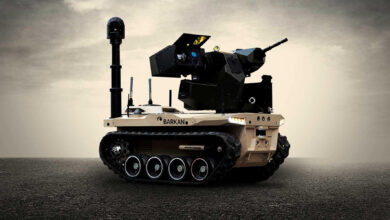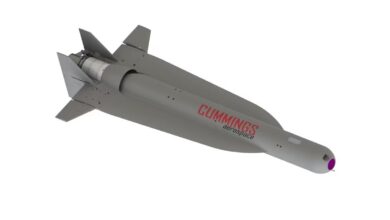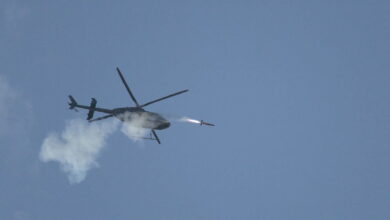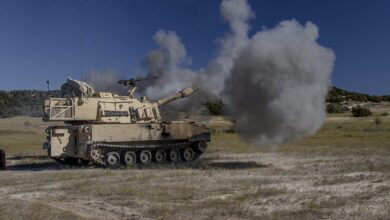US Army Seeking AI System That Predicts Enemy Actions
The US Army is asking the defense industry for an artificial intelligence (AI) system that can predict enemy actions.
According to the service’s sources sought notice, the system must be able to rapidly analyze massive amounts of data to forecast potential tactics of adversaries.
It should also alert friendly forces beforehand if there have been any changes in the enemy’s strategy while on the battlefield.
The US Army notes that the system must have the “ability to run feasible software on a standard laptop and take advantage of emerging AI or machine learning technologies.”
The tool should also not require in-depth technical expertise to manage and operate.
Responses to the notice must include system cost, estimated duration of production, and technology readiness level in anticipation of a potential contract.
Hyperactive Battlefield
The army’s interest in AI technologies is fueled by concerns that future warfare could turn into a hyperactive and interactively complex battlefield.
The service forecasts the emergence of autonomous systems, loitering intelligent munitions, and thousands of semi-autonomous entities.
With future high-tech threats in mind, the US Army wants an AI system that can also identify the last known locations and activities of enemy units and weapon systems.
Additionally, the system must provide a “real-time predictive visualization of how the threat situation could evolve over the next few minutes to hours.”
Interested firms should be able to build a prototype of the AI system and demonstrate its real-time threat forecasting capability.

Global AI Arms Race
Apart from the US, military superpowers such as China and Russia are rushing to develop new AI-based weaponry to prepare for future warfare.
Whoever gains an advantage in AI would have an overwhelming technical advantage during a war, according to a source cited by the New York Post.
“It’s realistic to expect that AI will be piloting an F-16 and will not be that far out,” Shield AI chief officer Nathan Michael said.












